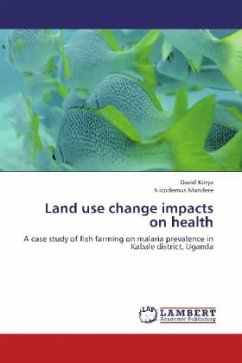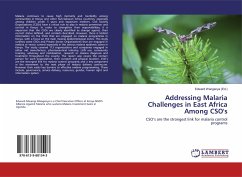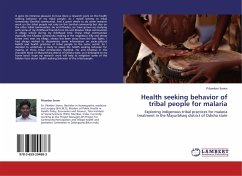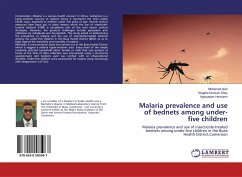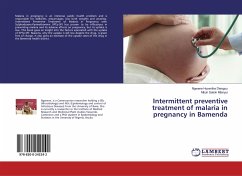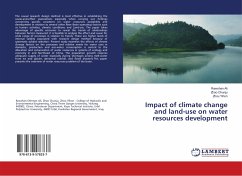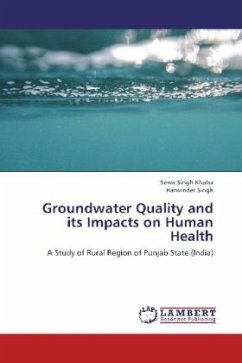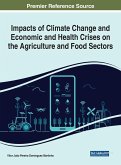Recently, malaria has been expanding geographically into new spatial areas mainly due to climate change. However, unplanned land use change has also played a great role in this phenomenon. One of the new geographical areas where malaria has been observed is Kabale district in Uganda. This book therefore, elaborates the role of fish farming in the prevalence of malaria in Kabale. Using primary and secondary data sets which were analysed qualitatively and quantitatively using SPSS and content analysis, the results showed that malaria is a major problem in the study area, its prevalence increased among households whose fish ponds and homestead sites were characterised with crops such as coco yams, cabbages and sugarcanes, Dracaena fragrans live fence, abandoned fish ponds and in some cases those living in close proximity to fish ponds. However, fish farming is not the only factor contributing to malaria prevalence in Kabale but also brick-laying, sand mining and stone quarrying, changing climatic conditions, ignorance, and compromised immunity. Therefore, to effectively tackle malaria, the government should address problems with fish farming and all the above factors outlined.
Bitte wählen Sie Ihr Anliegen aus.
Rechnungen
Retourenschein anfordern
Bestellstatus
Storno

